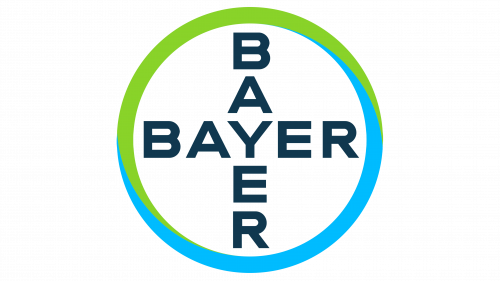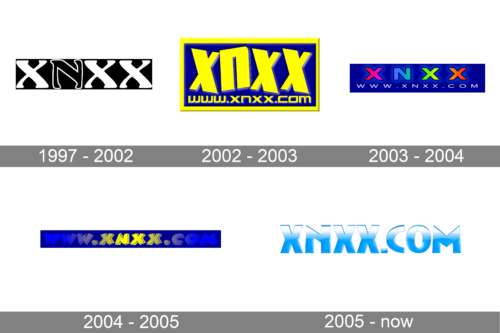
- Version
- Download 100
- File Size 32.32 KB
- File Count 1
- Create Date December 13, 2024
- Last Updated December 13, 2024
Bayer: A Legacy of Innovation
Bayer is a global German multinational corporation founded in 1863, initially as a dyestuffs factory in Barmen. Today, it stands as one of the largest pharmaceutical and chemical companies worldwide, best known for pioneering healthcare solutions and agricultural advancements. The company’s most iconic product, Aspirin, remains a symbol of Bayer's impact on global health.
Bayer’s Evolution - From Pharmaceutical Pioneer to Global Brand
Founded in Barmen, Germany, Bayer initially focused on the chemical and dye industries. However, in 1897, the company revolutionized the world of medicine with the creation of Aspirin, a product that remains one of the most widely used painkillers globally. Bayer also played a significant role in the development of antibiotics, including the discovery of Prontosil, the first sulfonamide-based antibiotic, in the 1930s.
Over the years, Bayer has expanded its reach across three major sectors: healthcare, agriculture, and materials science. Today, it operates nearly 400 subsidiaries worldwide, with its main divisions being Bayer HealthCare, Bayer CropScience, and Bayer MaterialScience.
The Evolution of Bayer’s Logo
1881 – 1886: The Early Years
Bayer’s first logo, introduced in 1881, featured an image of a lion, drawing inspiration from the coat of arms of Elberfeld, the city where the company was headquartered at the time. By 1886, the logo became more complex, incorporating elements like the city's coat of arms, lion, foliage, and other engravings.
1895 – 1904: Symbolism and Simplification
In 1895, Bayer adopted a more refined design: a winged lion standing on a globe, holding a scepter with snakes. This symbol linked Bayer’s pharmaceutical efforts to the Rod of Asclepius, the universal symbol of medicine.
1904 – 1928: The Iconic Cross
In 1904, Bayer introduced its now-iconic cross logo, which combined the horizontal and vertical lettering of "BAYER" to form a cross. This design was a key factor in Bayer’s branding strategy, especially when the logo was stamped on Aspirin tablets, symbolizing premium quality and protecting against counterfeiting.
1929 – 1989: Continuity and Refinement
The 1929 redesign solidified the Bayer cross as the central element of the brand’s identity. It became a foundational design for subsequent logos, which maintained the basic structure of the cross but experimented with colors and typography.
1989 – 2002: Modernization
In 1989, Bayer’s logo underwent a significant update with a cleaner sans-serif wordmark and the introduction of green and blue colors, which became synonymous with the brand’s identity. This shift reflected Bayer's commitment to modernity and innovation.
2002 – 2010: A Fresh Look
In 2002, Bayer introduced its first colored cross, adopting the company's signature blue and green palette. This new design symbolized freshness and modernization while retaining the familiar cross structure.
2010 – 2017: Refinement
The 2010 redesign kept the structure similar but focused on a more professional and contemporary look with dark gray lettering and refined colors, eliminating previous gradients. This version was especially tailored for digital applications.
2017 – Today: Digital Evolution
The most recent update to the Bayer logo occurred in 2017, refining the cross further. The color gradients in the circle were removed, making the logo more adaptable for digital media. The new design offered a cleaner, modern aesthetic that aligns with Bayer’s forward-thinking approach.
Font and Color
Bayer’s visual identity utilizes a clean, modern sans-serif font in uppercase, giving the logo a professional and balanced appearance. The color palette features green and blue, symbolizing well-being, growth, and progress, while the dark blue lettering adds a touch of reliability and expertise.
Bayer’s Legacy
Bayer’s journey from a dyestuffs factory to a global leader in pharmaceuticals and chemicals is mirrored in its evolving logo, which has consistently reflected the company’s growth, innovation, and commitment to quality. The iconic Bayer cross continues to be a symbol of trust and excellence in healthcare and beyond, as Bayer looks toward the future with modernized branding that resonates in the digital age.
| File | Action |
|---|---|
| Bayer-Logo-500x281.png | Download |








